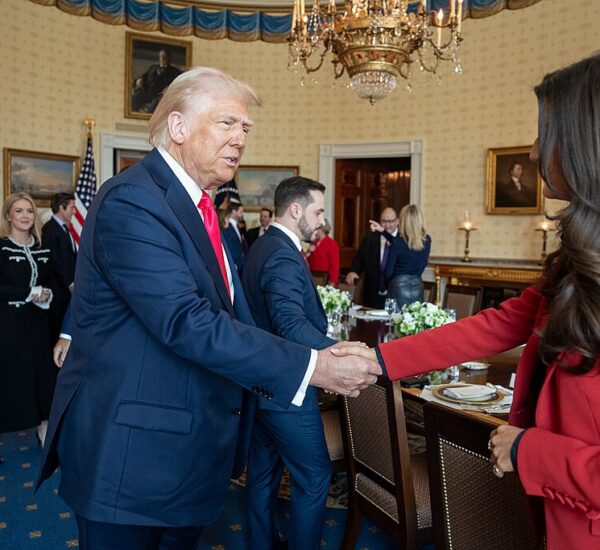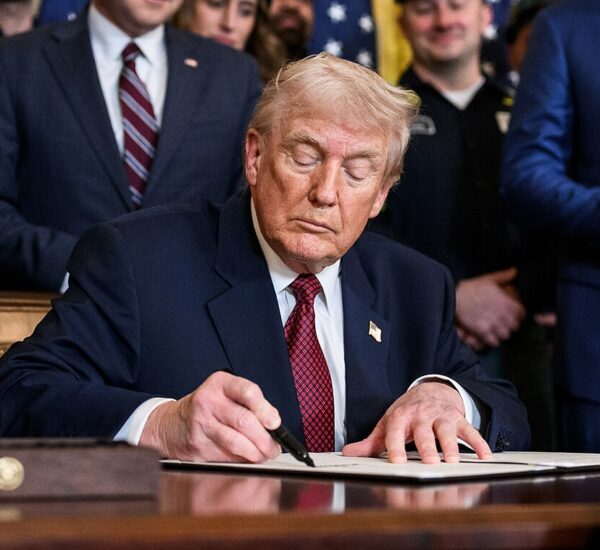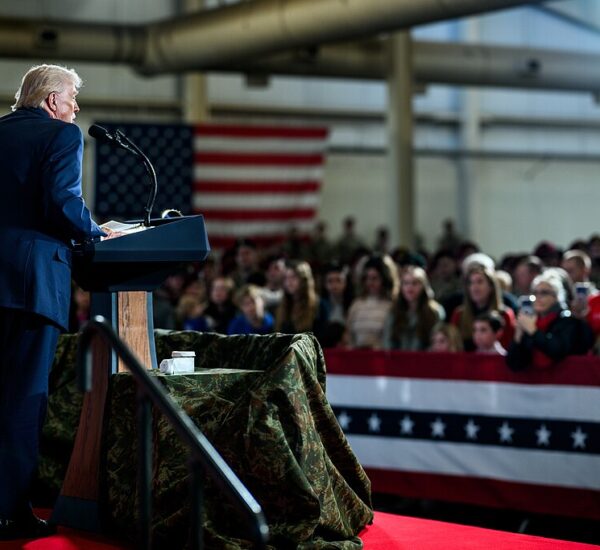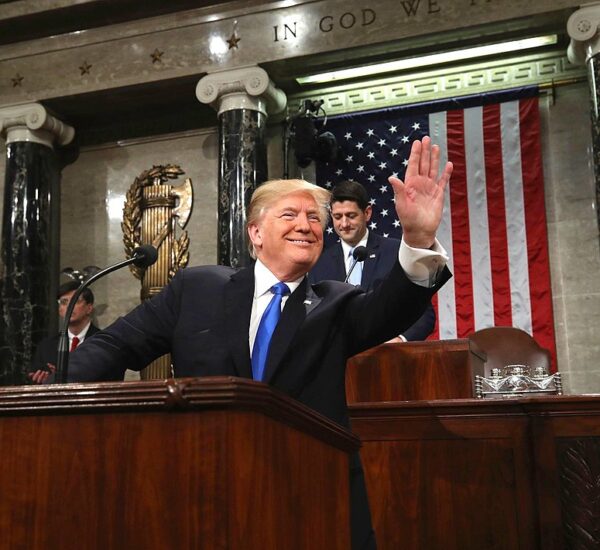Trump Averts Shutdown
President Trump recently signed a Republican-backed spending bill that successfully prevented a government shutdown, a move that highlights the effectiveness of the Republican approach to fiscal responsibility. The bill, which secures government funding until September 30, marks a key moment in the early stages of Trump’s second term and demonstrates the ongoing division within the Democratic Party.
This bill, designed by Republicans, delivers a substantial $6 billion increase in defense spending—underscoring the importance of national security—and simultaneously enacts $13 billion in cuts to nondefense spending. It’s a bold reminder that Republicans are prioritizing the safety of Americans while ensuring that taxpayers aren’t burdened with unnecessary government expenses.
The deadline to avoid a shutdown came at midnight on Friday, but the White House didn’t announce Trump’s signature until Saturday afternoon. Over the weekend, the President was in Palm Beach, where he spent some time at Mar-a-Lago, making clear that his administration remains focused on securing the nation’s interests both at home and abroad.
In the Senate, the bill passed with a 54-46 vote, with two Democrats joining 52 Republicans to pass it. However, the pivotal moment came earlier when the Senate voted 62-38 to advance the legislation. A 60-vote majority was needed to clear that hurdle, and 10 Democrats joined Republicans—except for Senator Rand Paul (R-Ky.)—to push the bill forward.
The bill’s passage was made possible after Senate Minority Leader Chuck Schumer (D-N.Y.) broke ranks and announced his support, despite fierce opposition from House Democrats. This unexpected decision from Schumer not only surprised his own party but also served as critical cover for centrist Democrats who faced a tough choice on whether to keep the government running or side with party leaders in blocking the bill.
Trump commended Schumer for his support, calling it the “right thing to do” and applauding his decision as a show of bipartisan cooperation. Schumer’s actions, however, have caused significant unrest within his party. Many House Democrats, particularly those in swing districts, voted against the bill, signaling deep fractures among Democrats on key issues.
House Minority Leader Hakeem Jeffries (D-N.Y.) was one of those who voted against the bill, casting doubt on Schumer’s leadership and suggesting that the Democratic Party might struggle to maintain unity as they face future battles over Trump’s conservative agenda. As Republicans continue to push forward with policies that prioritize the safety and economic well-being of Americans, it’s clear that the Democratic Party will face tough internal challenges in the months ahead.






